Impact Makers: Amar Baatartsogt
Friday, 31 October 2025 | By Climate High-Level Champions
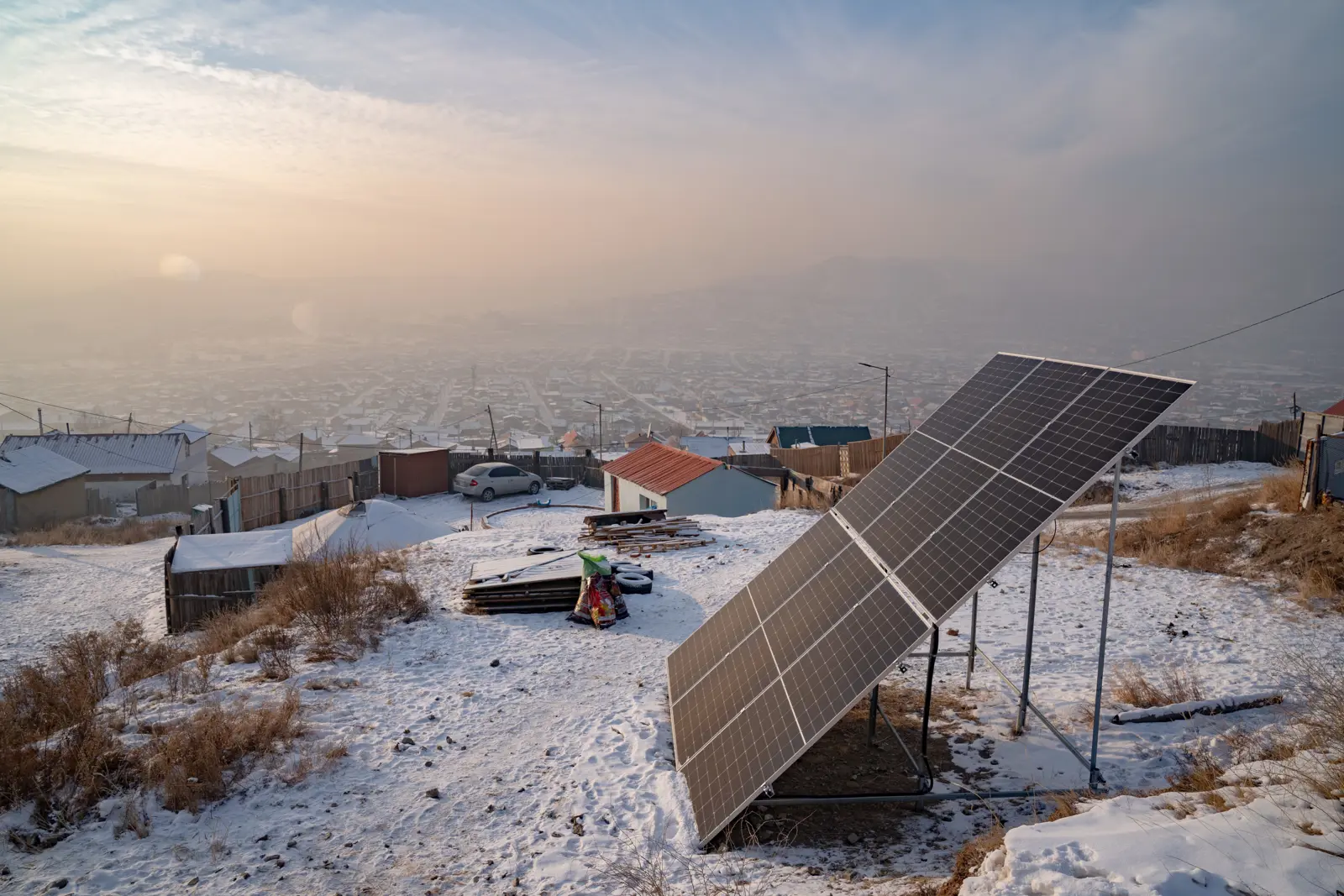
NAME
Amar Baatartsogt
TITLE
COO & Co-founder, URECA
LOCATION
Ulaanbaatar, Mongolia
ABOUT
Amar Baatartsogt is the COO and co-founder of URECA, a climate tech company developing the Coal-to-Solar (C2S) project to tackle severe air pollution in Mongolia’s capital, Ulaanbaatar. The initiative supports low-income households in the city’s ger districts, where many families live in traditional homes known as gers, to transition from coal-based heating to clean solar energy.
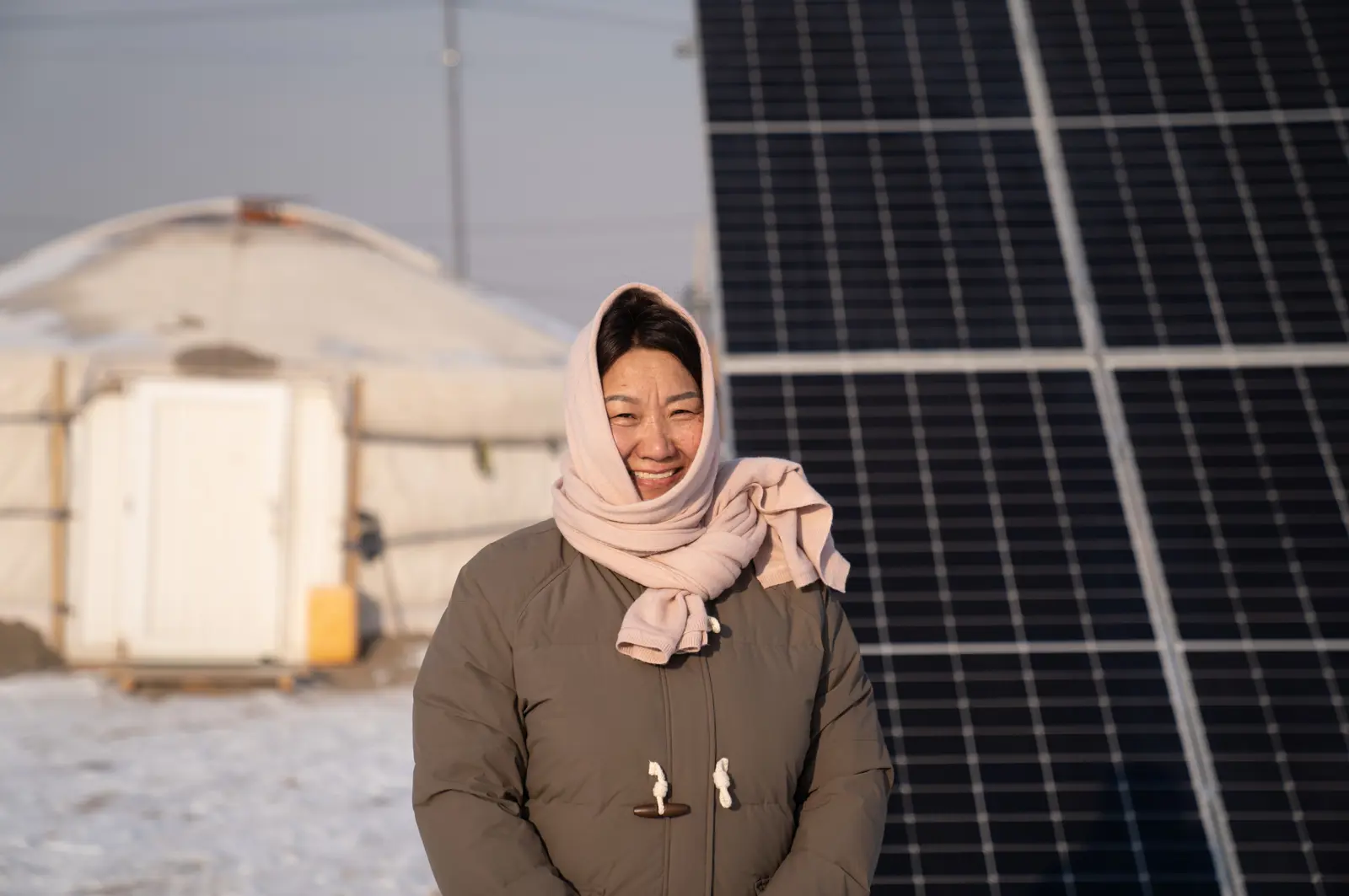
The goal is to cut up to 80% of the city’s air pollution, directly benefiting more than 200,000 households. A single ger household burning coal through one winter can release around 15 tonnes of CO₂. To address this, URECA installs solar systems and uses IoT sensors with machine learning to track energy use and verify reductions in real time, ensuring every avoided tonne is accurately measured.
The project has drawn support from partners including UNDP, The Asia Foundation and the European Bank for Reconstruction and Development, with plans to expand within Mongolia and replicate the model across Central Asia, where many cities face similar air quality crises.
MOTIVATION
“Since my teenage years I have been fascinated by how technology can reshape the world. That curiosity led me to study engineering and to believe that innovation could give Mongolia a stronger role in shaping its future.
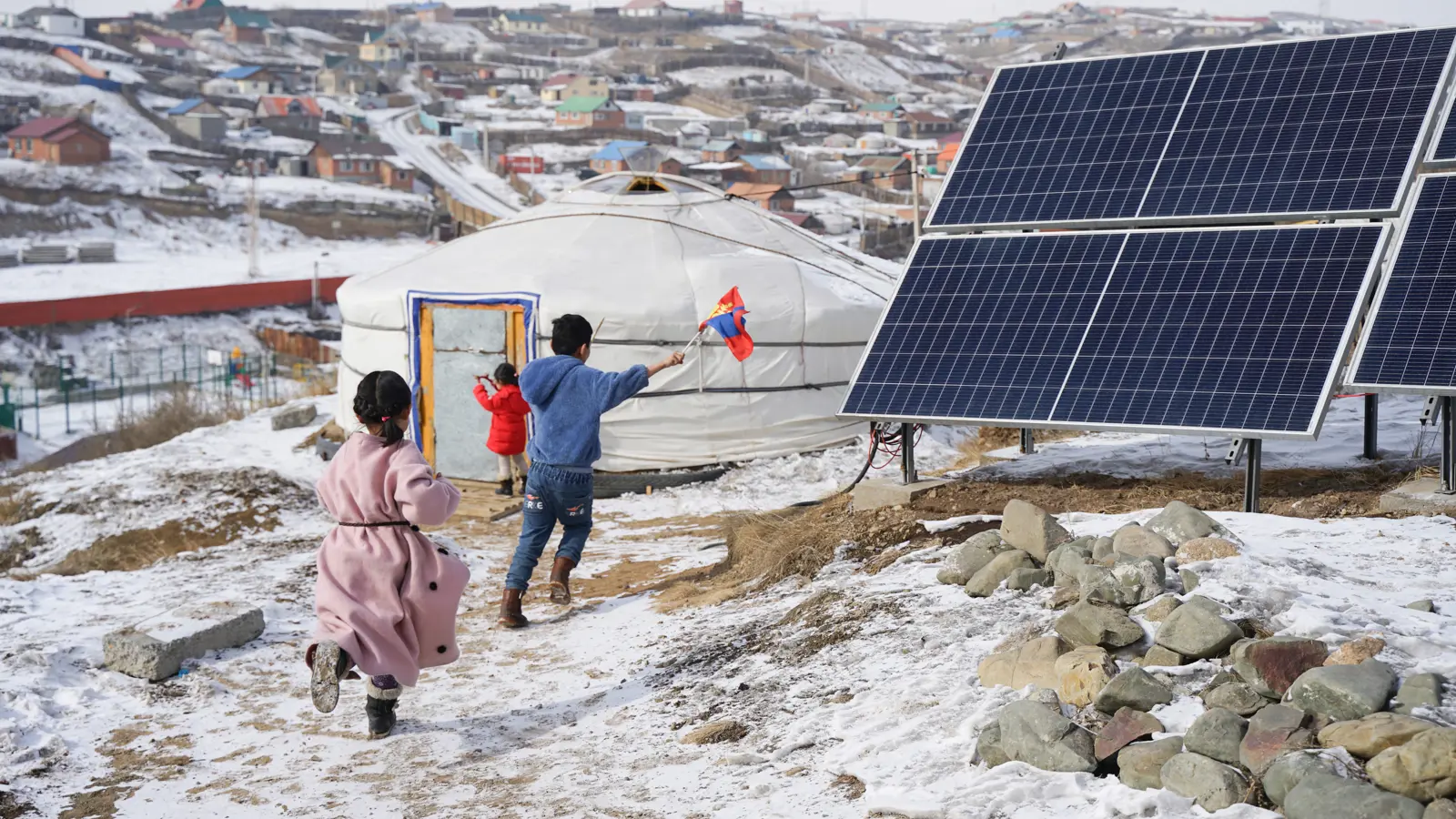
Ulaanbaatar is the coldest capital in the world, with winter temperatures often falling below -30°C. In the city’s ger districts, many families are former herders who lost their livelihoods to extreme weather and migrated to the capital. To survive the winter, they burn coal in small stoves, filling homes with toxic smoke and blanketing the city in pollution. Every year, families face illness from carbon monoxide poisoning, and thousands of children grow up with damaged lungs.
Becoming a father gave this crisis a different weight, because I now saw it through the lens of my daughter’s future. Her right to grow up in clean air made the crisis impossible to ignore. Together with close friends, we started URECA to show that another path is possible.
For me, the true measure of success is not in carbon tonnes but in the changes inside these homes: cleaner air, safer nights, healthier families. What drives me are the faces of children who can finally grow up in warmth and clean air, free to dream of something more.”
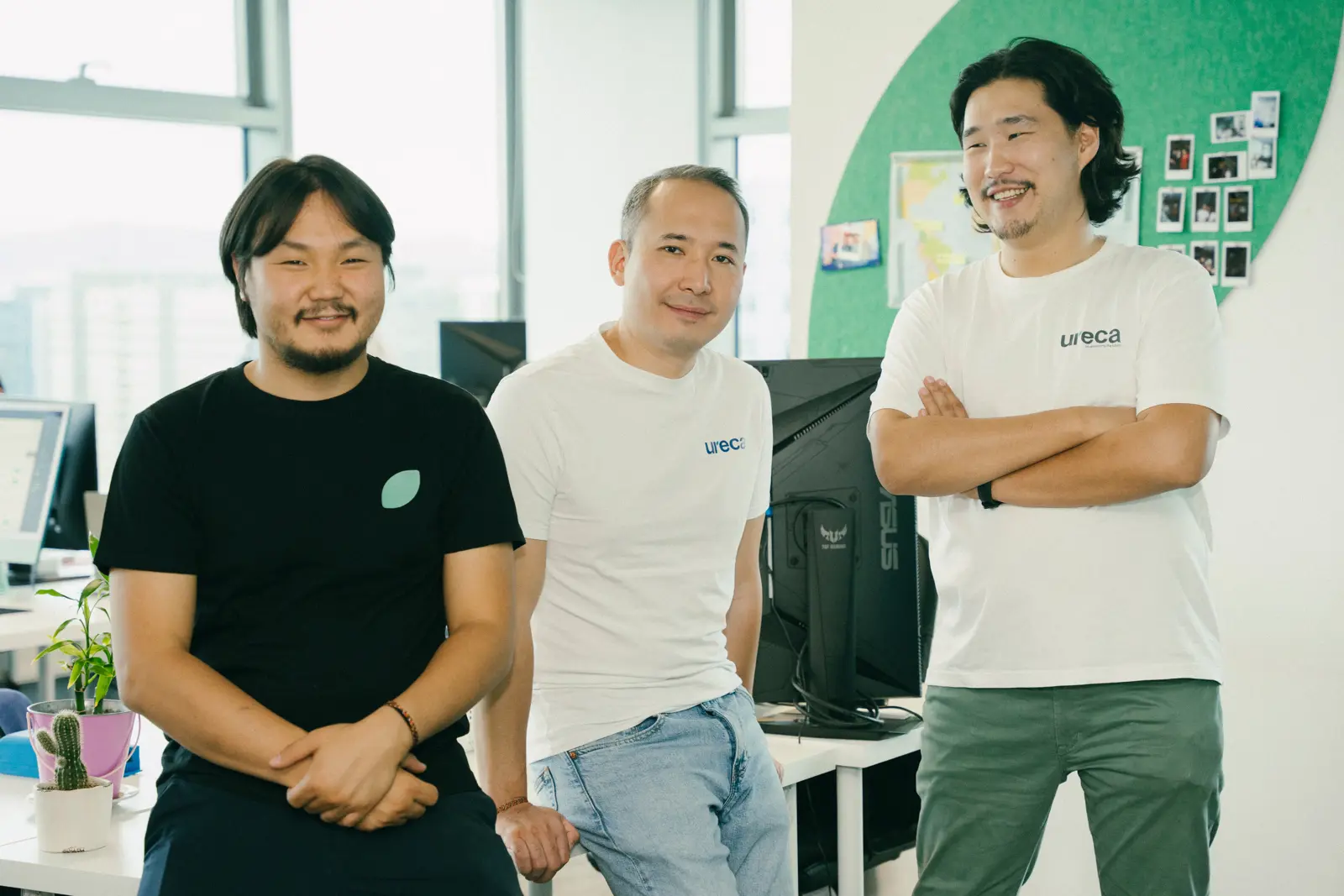
IMPACT
Before C2S, coal heating in ger districts caused 70-80% of Ulaanbaatar’s emissions. Winter air quality was 4-5x worse than WHO guidelines, with respiratory illness widespread.
Each household installation reduces 10-15 tonnes of CO₂ annually, with potential to cut more than 3 million tonnes across Ulaanbaatar at scale.
Pilot households reported cleaner indoor air, reduced healthcare costs, and lower fuel expenses.
Digital MRV technology continuously monitors reductions, ensuring transparency and enabling households to participate in carbon markets.
Interest in replication has come from other Central Asian countries struggling with air pollution.
Beyond technical outcomes, families describe transformative change: warm, smoke-free homes; children sleeping safely through the night; mothers freed from hours tending coal stoves.
CHALLENGES
Early on, skepticism about whether solar energy could work in Ulaanbaatar’s extreme climate slowed adoption. Pilot projects proved the model viable, and demand is now growing. Another challenge has been acceptance within the carbon market of digital MRV technology.
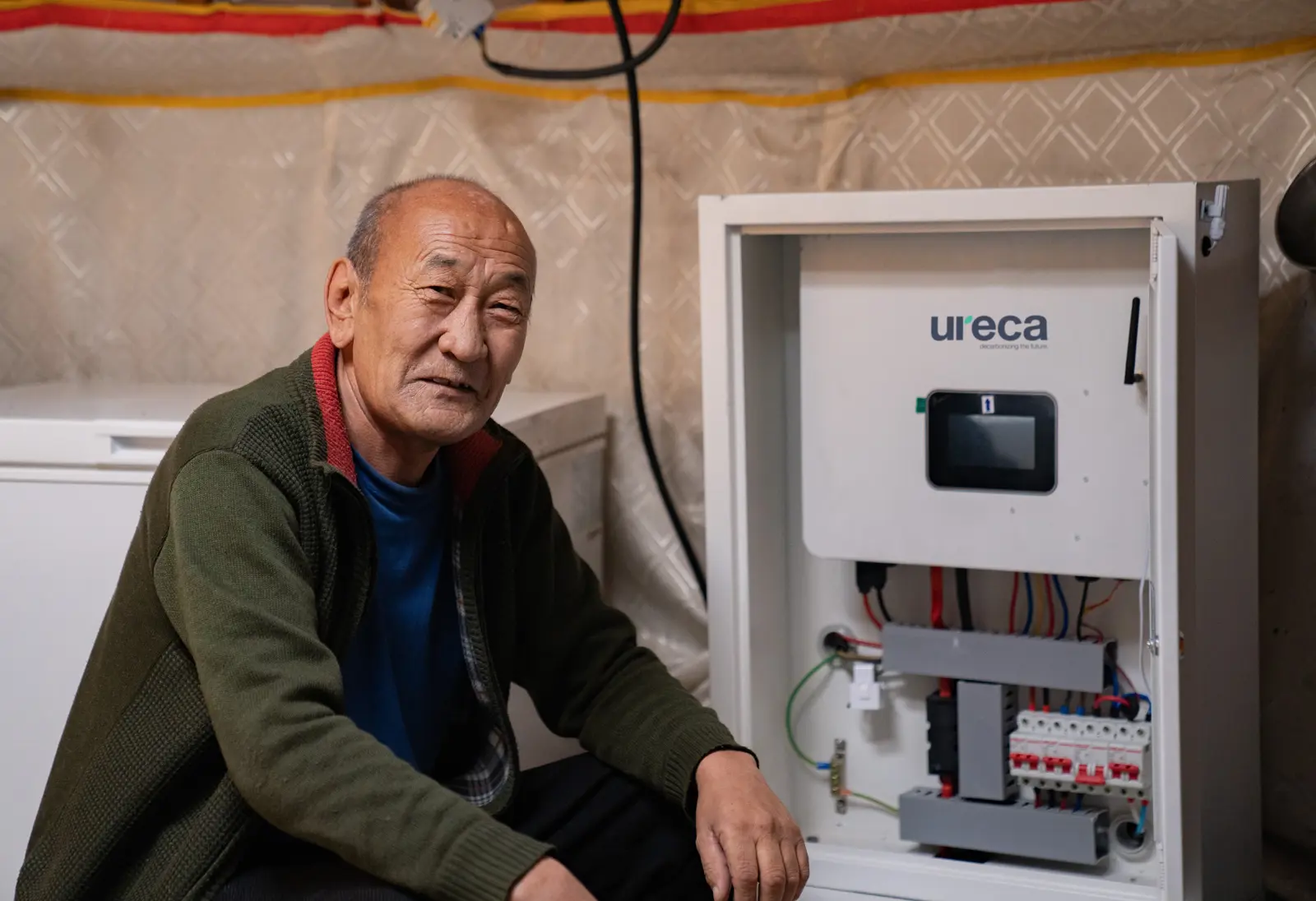
ADVICE
“My advice would be to start by focusing on one problem that really matters to you, and go deep. Real impact often comes from tackling a single pain point with persistence and creativity.
Combine technology with empathy. Solutions cannot be purely technical; they need to respond to people’s realities.
Do not wait for perfect conditions to begin. Start small, test ideas, and build momentum step by step.
Remember that collaboration matters. No one can solve climate challenges alone. Working with others often turns ideas into impact far greater than you could achieve alone.
Finally, be ready for a long journey. Building confidence in climate solutions takes time. Each small step forward matters, and if you stay committed, the impact will extend far beyond the immediate project.”
CONTACT




